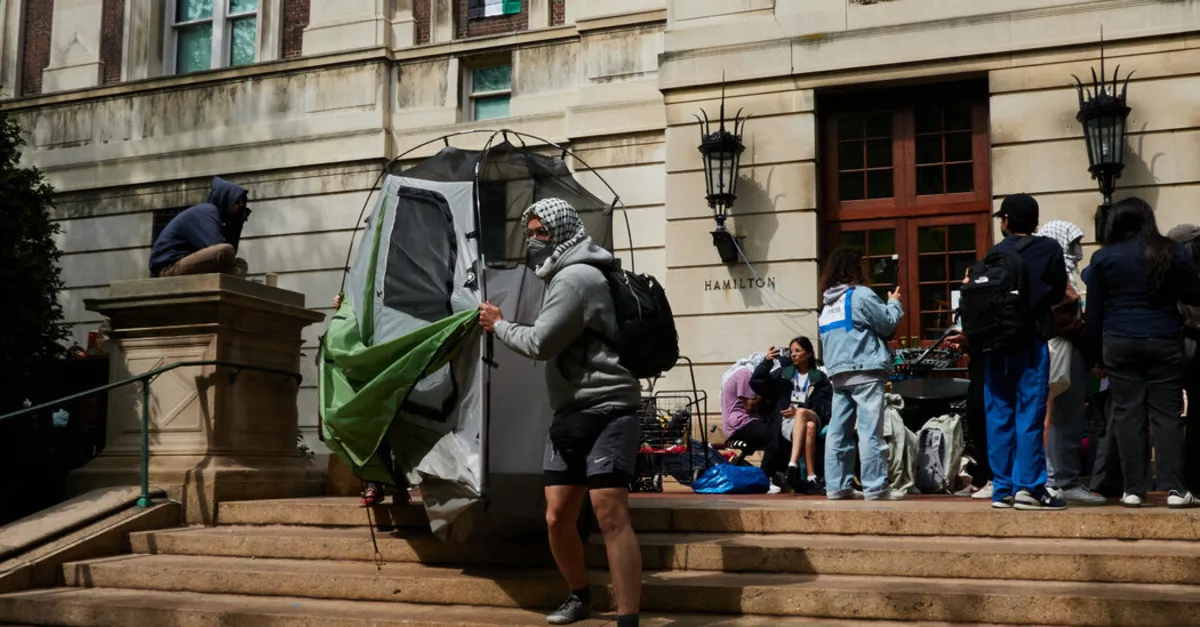
On Thursday, the Trump administration delivered a stern ultimatum to Columbia University, demanding significant changes to its student discipline and admissions processes. This request comes in the wake of the administration's decision to cancel $400 million in government grants and contracts due to concerns about the university's handling of antisemitism and the protection of Jewish students from harassment.
The administration's demands stem from what it describes as Columbia's inadequate response to incidents of antisemitic behavior on campus. Officials from the General Services Administration, the Department of Education, and the Department of Health and Human Services emphasized the necessity for the university to formalize its definition of antisemitism. They also insisted on the prohibition of wearing masks designed to conceal identity or intimidate, which they believe contributes to an unsafe environment for students.
In addition to these requirements, the Trump administration is demanding that Columbia place its Middle Eastern, South Asian, and African Studies Department under “academic receivership.” This measure is intended to ensure that the department operates within guidelines that promote inclusivity and safety for all students. The officials expressed their expectation for immediate compliance, underscoring the urgency of the situation.
The administration has set a deadline for Columbia University to respond to its letter within one week. This response is deemed a precondition for formal negotiations regarding the university’s financial relationship with the United States government. In their communication, the administration highlighted that Columbia “has fundamentally failed to protect American students and faculty from antisemitic violence and harassment,” thus justifying their drastic measures.
This ultimatum marks a significant intervention by the Trump administration in university governance, particularly concerning issues of student safety and academic freedom. As the situation unfolds, it remains to be seen how Columbia University will respond to these demands and what implications this will have for its funding and campus climate.